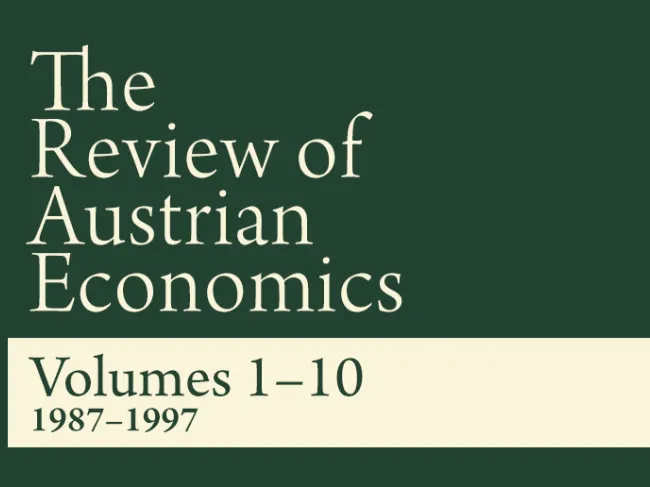As is known, Murray N. Rothbard was one of the theorists who defended with the most creativity and coherence the need for free banking subject to general legal principles, in other words, banking with a cash ratio of 100 percent of demand deposits. Likewise, he was one of the first theorists to stress the great influence which the theoretical contributions of the Spanish scholastics of the University of Salamanca in the sixteenth and seventeenth centuries were to have as the direct predecessors of the Austrian School of Economics.
We feel that perhaps one of the greatest tributes which can be paid to Murray N. Rothbard is to show how the theorists of the School of Salamanca, whose intellectual activity took place from the reign of Carlos V in the sixteenth century onwards, developed an incipient theory on the legitimate practice of banking which coincides, to a great extent, with the contributions on this subject by the Austrian School in general and, particularly, by Murray N. Rothbard.


